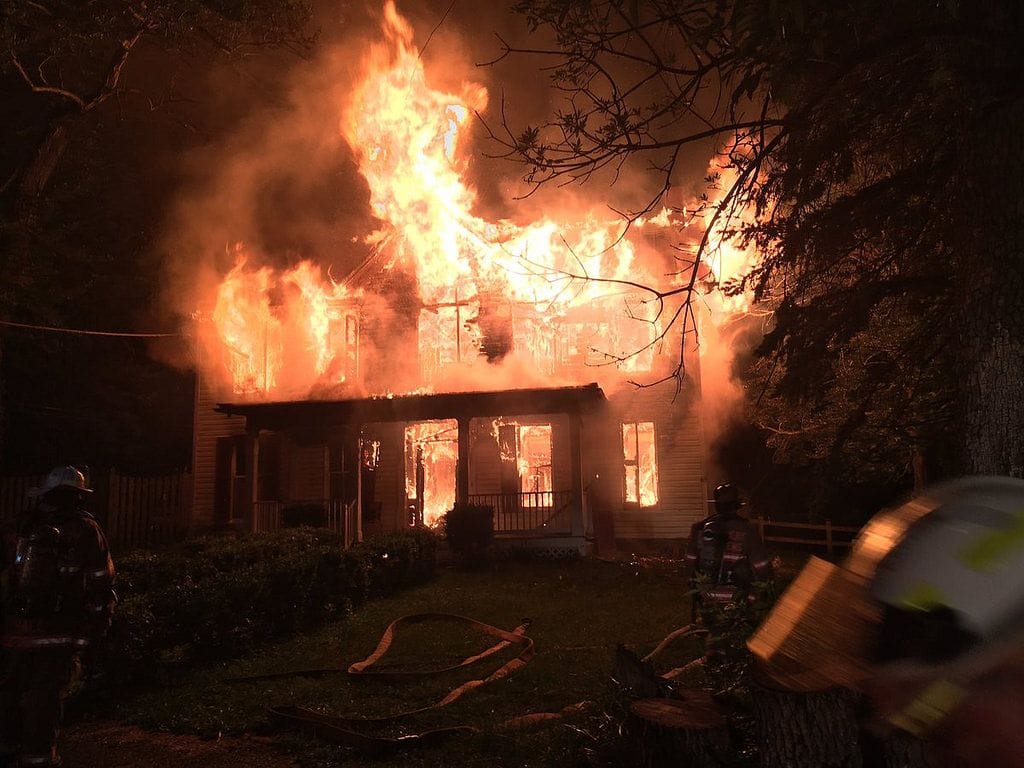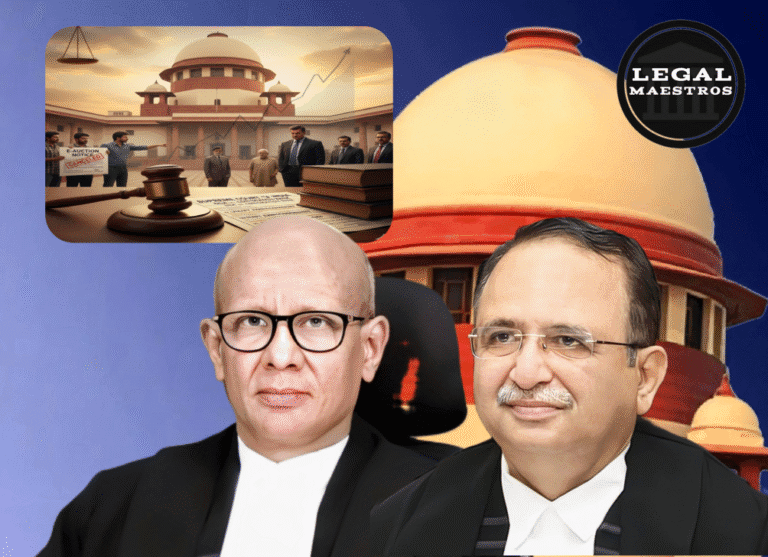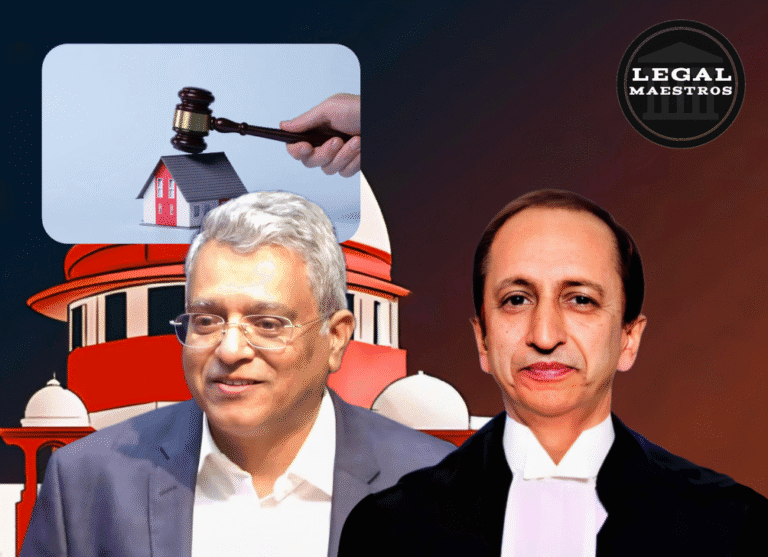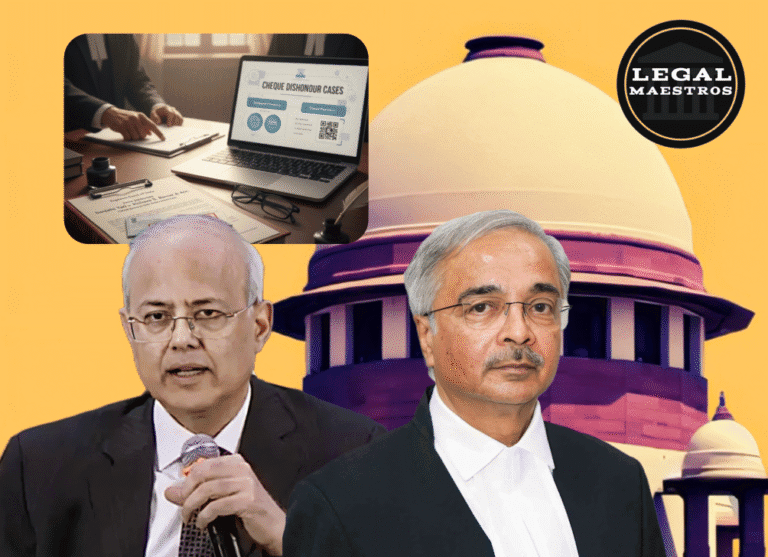
In the present case, the SC affirmed the order of the Trial Court, which was quashed by the High Court of Chhattisgarh. The case is regarding the tragic death of two baby girls who were killed in a house fire at night. The accused persons had previously threatened the victim’s father, who was an informant. Two days after the last threat, when the accused persons threatened to bomb the victim, the victim’s house was blown up by a bomb. The entire house caught fire and the infants ultimately died after being stuck in the room where they were sleeping.
The trial court convicted the accused persons on the basis of the evidence and witnessed produced before the court. However, the defense argued that the prosecution could not establish their case effectively due to certain inconsistencies in the facts presented. The respondents stated that there was no evidence of the bomb going off inside the house, and that the parents could have saved their children. The High Court overturned the judgment on the basis of these counter-arguments.
Supreme Court’s Reasoning
The Supreme Court noted all the evidences and criticized the High Court’s decision of overturning the Trial Court’s ruling. They stated that the High Court erred in concluding that there were no remains of a bomb found inside the house. Simply because the bomb was not as sophisticated as is commonly, that does not negate the fact that there existed a bomb which went off inside the house. The SC also noted that everyone reacts differently in crisis situations, and that it cannot be judged through a narrow lens. Some have the grit to act fast and file an FIR immediately after the fire, while others simply run for their lives. The HC was greatly criticized for stating that the case was based on circumstantial evidence, when there exists no dispute on any of the arguments presented.
But SC did not completely agree with the decision of the Trial Court and stated that the Trial Court committed a grave error in convicting one of the respondent-accused who had provided an alibi for the night of the offence. The SC also criticized the HC for deciding that there were no eyewitnesses to the case when PW1 repeatedly claimed and testified to have witnessed the entire incident and blamed the accused very clearly, with no doubt for their identity. The SC also referred to a case of Lahu Kamlakar Patil v. State of Maharashtra, where the SC noted that there are multiple factors involved in how a person reacts to a situation, and that they need to be thoroughly considered before a decision is made.
Conclusion
The SC stated that with regards to the oral and documentary evidence produced before the court, the Trial Court rightly convicted two of the respondent-accused, while the High Court erred in reversing the said conviction and hence, quashed and set aside the judgment of the HC. The criminal appeal was allowed and the court directed both the accused-respondents to surrender before the Trial Court within 2 weeks from date of order.



